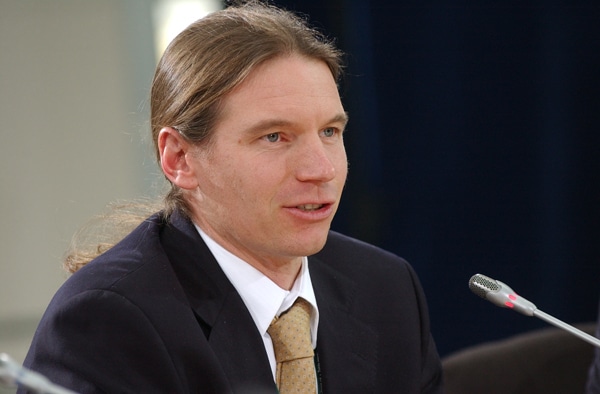Statement from Dale Marshall, Climate change policy analyst
September 22, 2009 “Presidents and prime ministers met here in New York. These are people who make decisions on behalf of the world’s citizens. It was an opportunity for Canada’s Prime Minister and other leaders to embrace opportunities in the clean energy economy and at the same time take responsibility for our impact on the environment.
However, Canada’s Prime Minister was missing in action in New York. Instead, Canada sent our Minister of Environment in his place. In contrast, President Obama, Prime Minister Brown of the UK, France’s President Sarkozy, and President Hu Jintao of China all showed their leadership by joining with other world leaders to confront climate change. The new Japanese president committed to science-based targets for emission reductions and substantial, new, and additional funding for the developing world.
Climate change is a serious threat to our prosperity and our future. But, the greatest threat is inaction. Our country is falling behind in achieving the targets scientists tell us we need to reach to avoid runaway climate change. Canada’s performance in New York was a missed opportunity. At the UN Climate Summit this December Canada needs to take part in delivering commitments to action that will promote clean energy and prosperity at home and around the world.”
Dale Marshall, Climate Change Policy Analyst, David Suzuki Foundation
How Will Canada Answer President Obama’s Call for Climate Change Action?
Marlo Raynolds, Executive Director of the Pembina Institute, made the following statements in response to President Obama’s speech to the United Nations General Assembly today, in which the president called for urgent global action to address climate change:
“Canada is increasingly viewed as a laggard in both greenhouse gas emission reductions and investment, and support for a transition to clean energy. Just yesterday, Rajendra Pachauri, head of the UN’s Intergovernmental Panel on Climate Change, noted that Canada should be doing much more to reduce its pollution and should put new oil sands development on hold until emission reduction technologies are better developed.
This year, President Obama invested more than US$75 billion to build a clean-energy economy and create clean-energy jobs. That is six times more investment, per capita, than the Canadian government.
If Canada continues to lag behind and focus on yesterday’s sources of energy, we face the twin risks of decreased economic competitiveness and a diminished international reputation.
Countries that lead the global transition away from fossil fuels will win the race for clean-energy jobs. Canada needs to be one of those leaders.”
For a Backgrounder comparing Canada vs. US government investments in renewable energy and energy efficiency in 2009, see:
http://www.pembina.org/pub/1786
Subscribe to our newsletter
Stay up to date with DeSmog news and alerts






